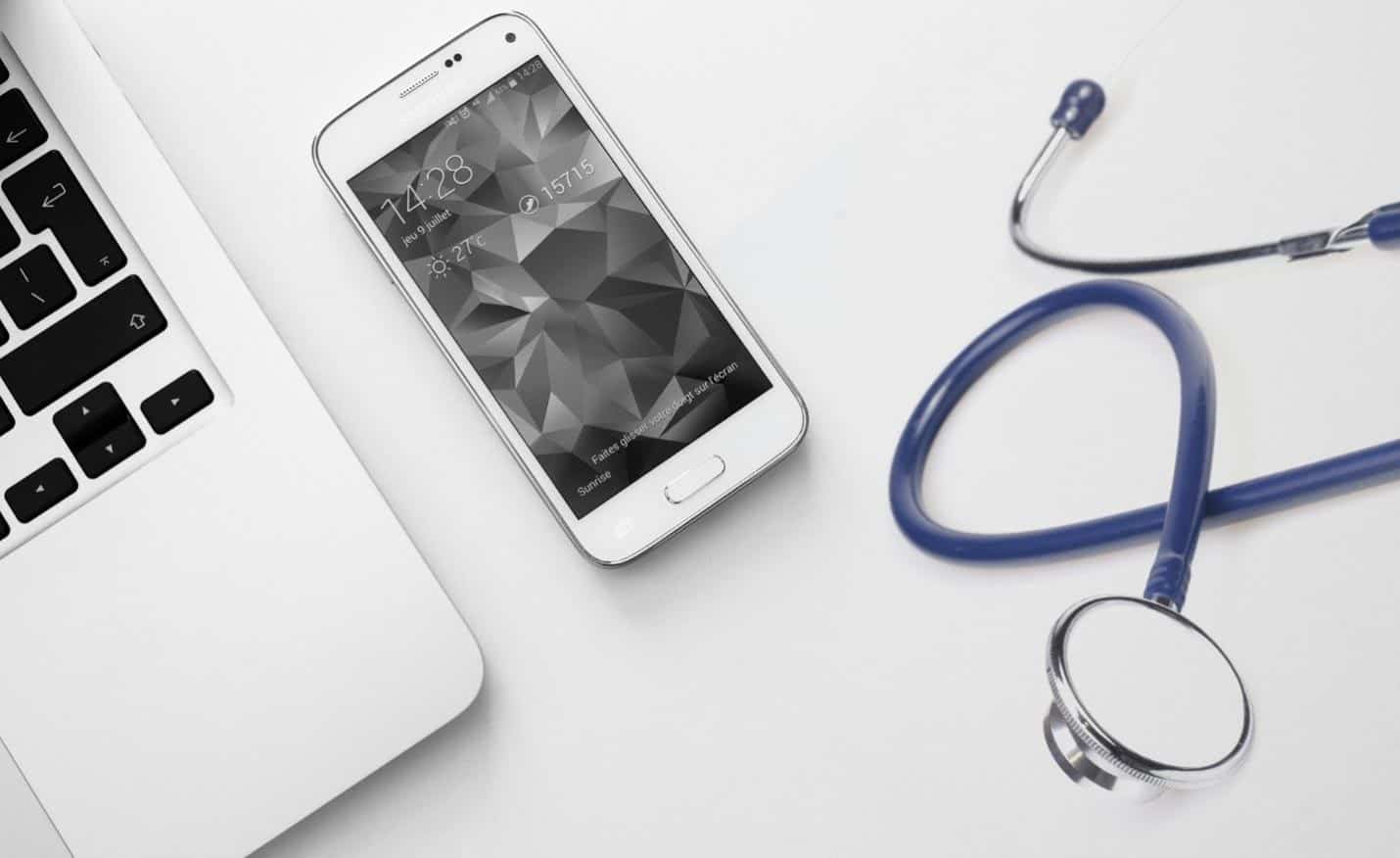Credit: mohamed Hassan via Pixabay
It’s an understatement to say that the healthcare industry faces numerous challenges due to the COVID-19 pandemic. From rising patient numbers to fewer elective procedures amidst soaring supply prices, the novel coronavirus crisis has forced many health care facilities to close their doors in the face of bankruptcy.
Unfortunately, the pandemic has also given birth to a new menace: cyber security attacks. Not only are COVID-19 online scams spiking, but cyber criminals are launching dangerous ransomware attacks on all types of organizations, including hospitals, clinics, and health care charities.
Ways Ransomware Can Devastate Health Care
So, ransomware is a type of malicious software that encrypts your files, usually essential ones, rendering them unusable. Some ransomware strains can also lock your computers entirely. After a ransomware gang has hijacked your data, they’ll demand a fee to unlock your files.
Unfortunately, many gangs use double extortion tactics. They may only release part of your files and ask for more money, or even after decrypting all your data, they may threaten to release it on the Dark Web unless you offer more funds. Organizations that give in to the demands of ransomware gangs are sometimes targets of attacks again, months or years later.
Hospitals hit by ransomware may have to delay life-saving care, stop emergency services, or shut down completely. They also suffer heavy financial losses. For example, the crippling WannaCry ransomware attack on NHS hospitals cost around £92m. As with many biological viruses, prevention is the best form of defense against malware attacks.
How Healthcare Can Stop Ransomware
Security Software
It’s vital to install the best security software. Sadly, Windows antivirus software is not very good against sophisticated threats like ransomware. To make matters worse, some versions of Windows have ransomware protection deactivated by default. Fortunately, you can get free virus protection that offers specialized ransomware protection and can even stop spyware, worms, and Trojans.
Operating System
Shockingly, many health care facilities still use obsolete operating systems, and some even use unlicensed software to save costs. One of the most significant advantages of upgrading operating systems is security. Not only is newer software more protected against malware, but it also receives security patches. For example, the WannaCry ransomware attack still strikes health care facilities that use old versions of Windows or haven’t downloaded the newest security updates.
Remote Desktop Protocols
Remote desktop protocols (RDPs) can help network specialists maintain your computers. However, the protocols are often left open, allowing cybercriminals to drop ransomware on hospitals. Health care organizations must ensure that their RDPs are not exposed.
Staff Training
Health care facilities must train staff to identify ransomware attack vectors like phishing emails, malicious attachments, suspicious links, and fraudulent websites. They must also learn to take remedial steps in case they suspect a security breach. Remember, ransomware gangs can take weeks after breaching a system to launch an attack, so there may be time to contact a cyber security team.
Sophisticated Logins
Hackers sometimes break into accounts quite easily with brute force attacks that try many password combinations in seconds, and they can also purchase stolen passwords from the Dark Web. That’s why implementing complex passwords, changing login credentials regularly, and enabling two-factor authentication is essential.
Finally, hospitals need to follow the best segmentation practices by formulating a system that can isolate devices. Likewise, they must invest in backup technology. There are avenues for recovery even after a hospital ransomware attack.
The Editorial Team at Healthcare Business Today is made up of skilled healthcare writers and experts, led by our managing editor, Daniel Casciato, who has over 25 years of experience in healthcare writing. Since 1998, we have produced compelling and informative content for numerous publications, establishing ourselves as a trusted resource for health and wellness information. We offer readers access to fresh health, medicine, science, and technology developments and the latest in patient news, emphasizing how these developments affect our lives.








